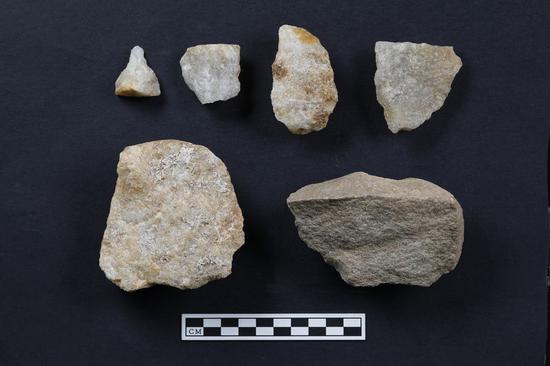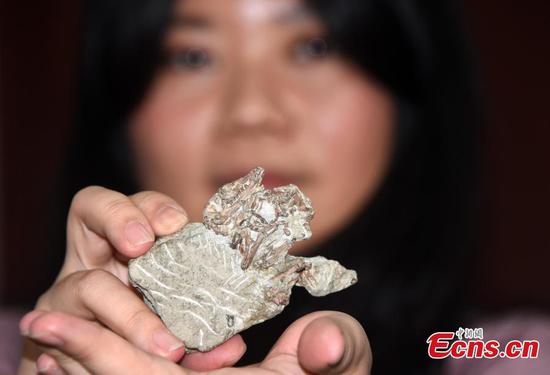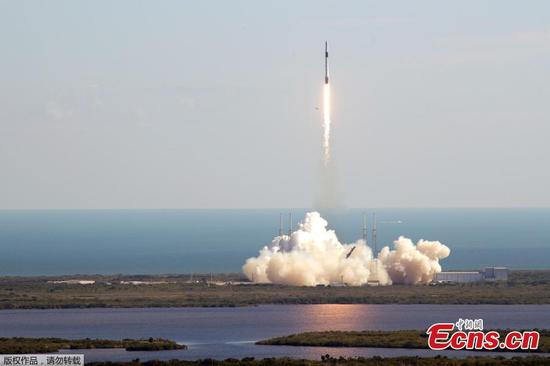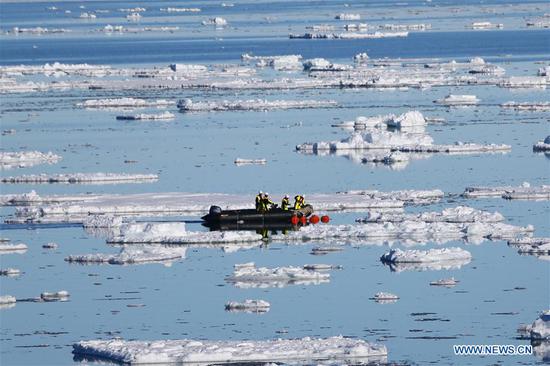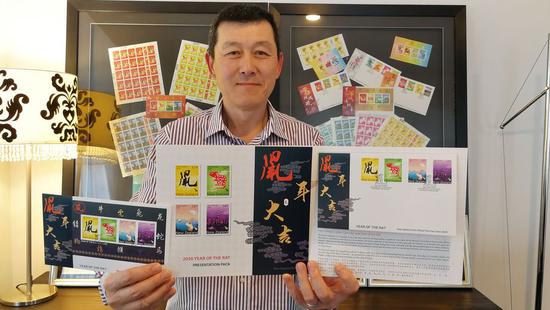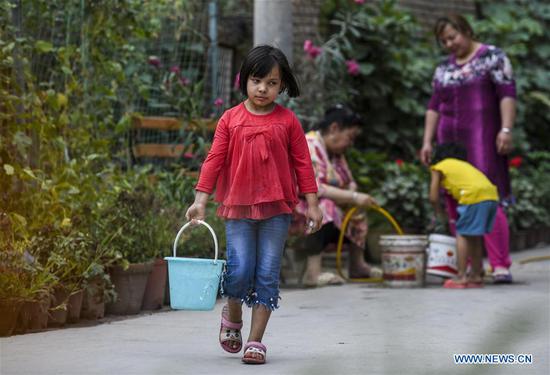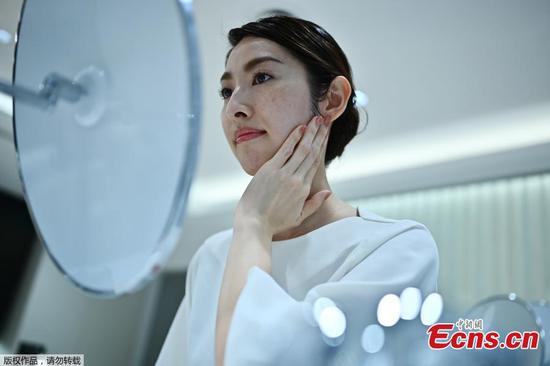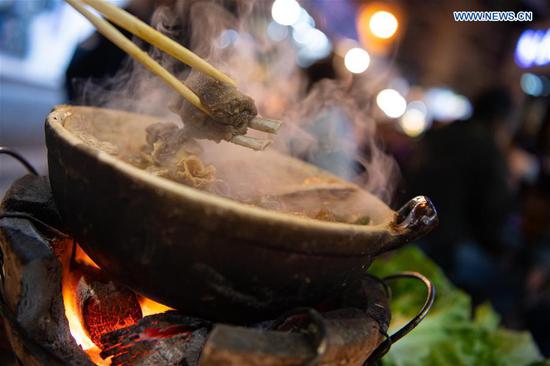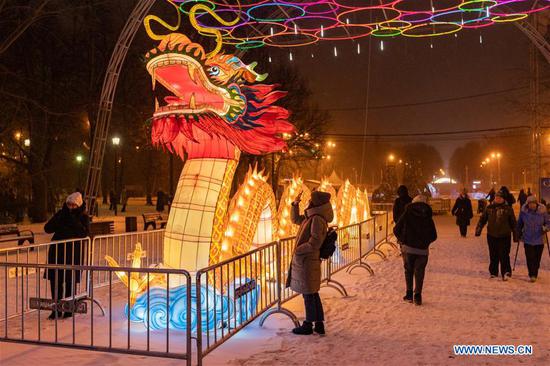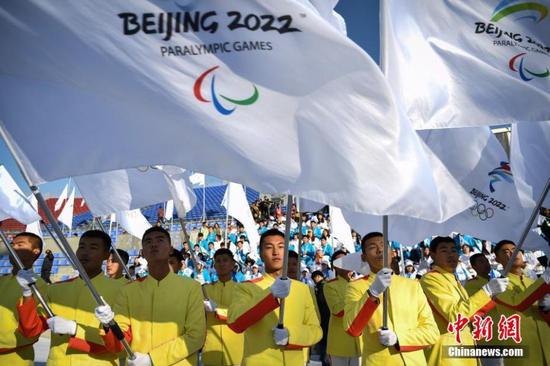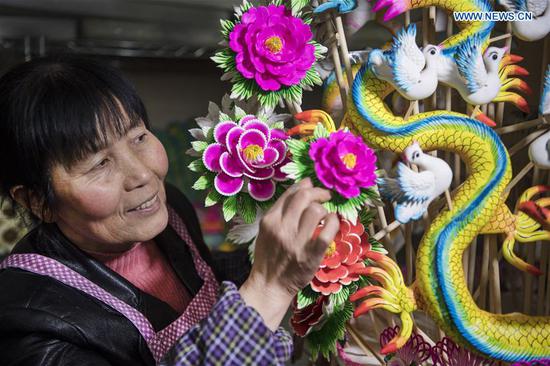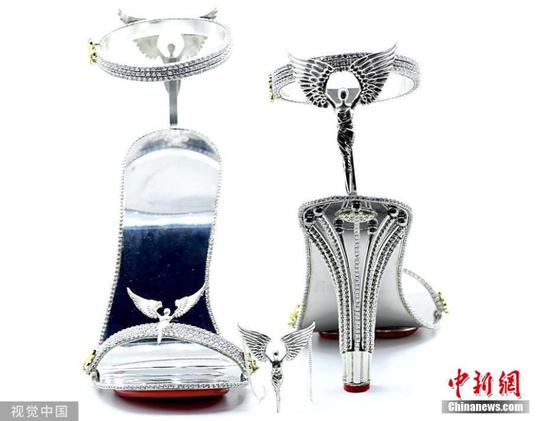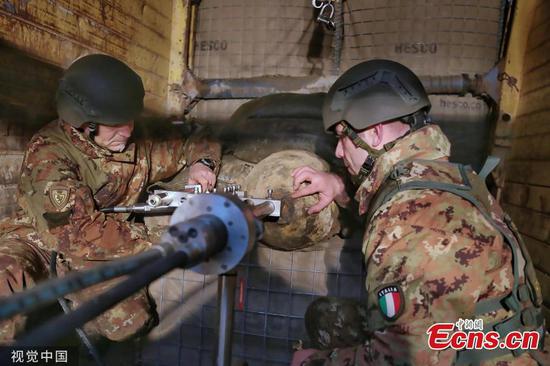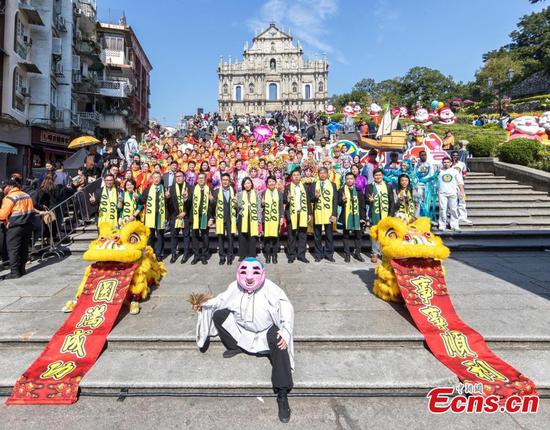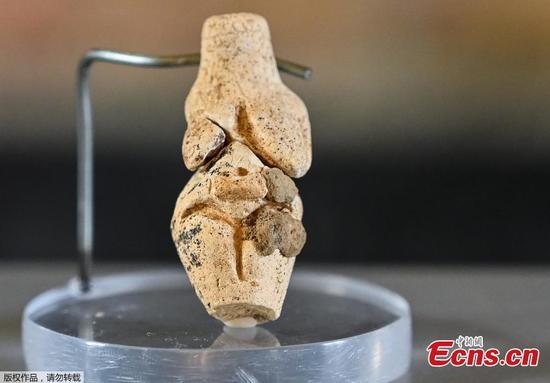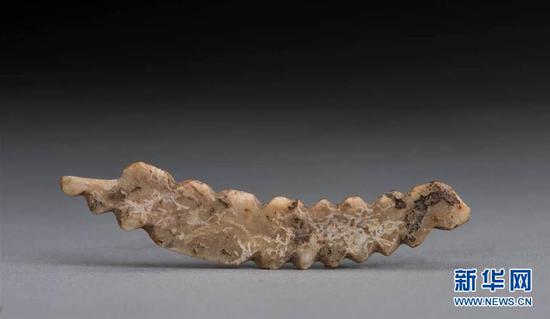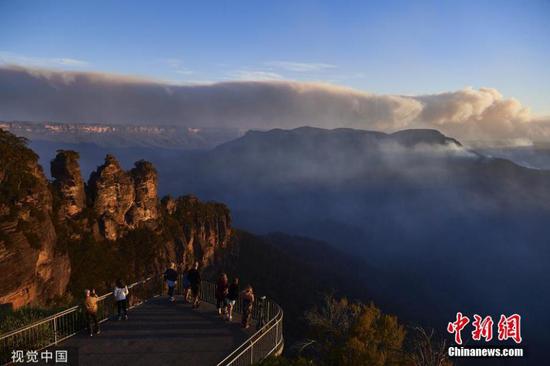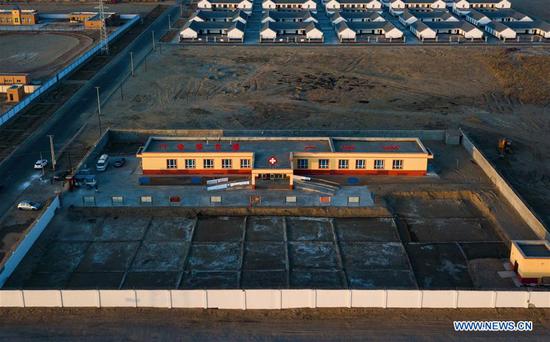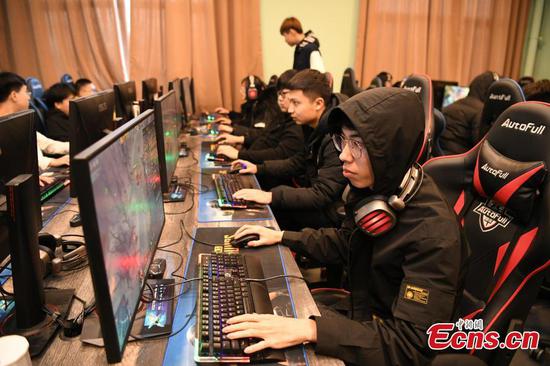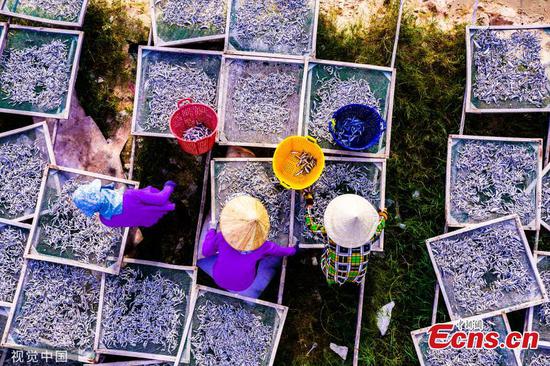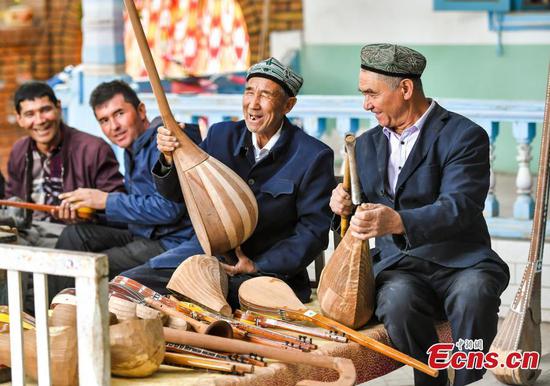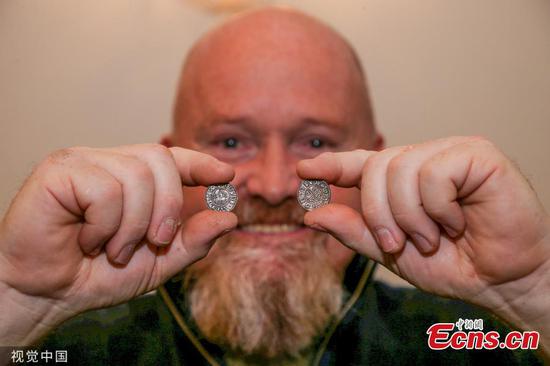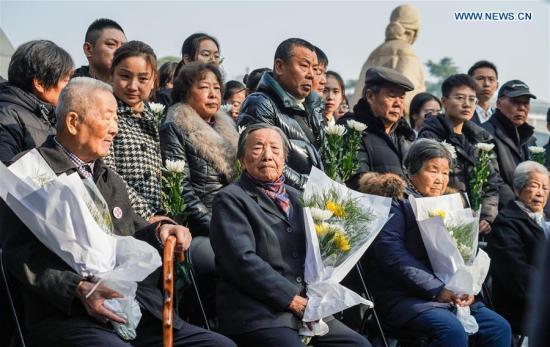Since its return to the motherland 20 years ago, Macao has made great strides in economic development and achieved prosperity and stability, which should be attributed to the region's comprehensive and accurate understanding and implementation of the "one country, two systems" principle, incoming chief executive of China's Macao Special Administrative Region Ho Iat Seng said.
"I will continue to unite all walks of the Macao society to push forward the 'one country, two systems' so that it goes far and steady to build a more prosperous and beautiful Macao," Ho, who was elected in August and appointed in September as Macao's fifth-term chief executive, told Xinhua in an interview ahead of Macao's 20th anniversary of its return to the motherland on Dec 20.
"ONE COUNTRY, TWO SYSTEMS" KEY TO SUCCESS
Born in Macao in 1957, Ho witnessed the great and fast changes Macao has experienced since its return to the motherland. The region's once depressive economy has been growing continuously and rapidly during the past 20 years, with its gross domestic product (GDP) soaring to 54.6 billion U.S. dollars in 2018 from the 6.1 billion U.S. dollars in 1999 and per capita to 82,600 U.S. dollars in 2018 from 14,000 U.S. dollars in 1999.
"The accurate implementation of the 'one country, two systems' has helped Macao maintain its harmony and stability, creating a solid foundation for the rapid economic development and continuous improvement of people's livelihood."
Ho said one key point in Macao's success in implementing the "one country, two systems" is that the SAR has always maintained close coordination with the central government, and met all requirements made by the central government.
Ho, who served as the president of the Macao SAR's fifth and sixth Legislative Assembly, said that the majority of Macao's Legislative Assembly members are loyal to the country and Macao and when they put forward different views they aim to monitor and cooperate with the SAR government to achieve better administration instead of opposing the government blindly.
Another factor in Macao's success in implementing the "one country, two systems" is that it has sticked to patriotic eduction in schools. Patriotic textbooks have been used in primary up to high school education and all schools hold national flag-hoisting ceremony regularly, which has helped strengthen young people's sense of national pride and national identity, Ho said.
He said he would consider seriously some education experts' proposal to set up a patriotic education base in Macao as cultivating patriotism is a long-run task.
"Facing the future, Macao must maintain its harmonious and stable social environment as well as its patriotic spirit. Otherwise, the society may encounter strong negative shocks."
It is not an easy task to maintain unity considering Macao's diverse social structure and numerous social associations, he acknowledged. However, all sectors of the society have the common goal of building a strong Macao and successfully implementing the "one country, two systems."
"I believe that 'one country, two systems' will continue to go smoothly and successfully and be well received by the people."









